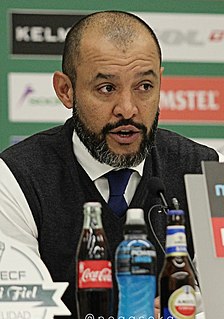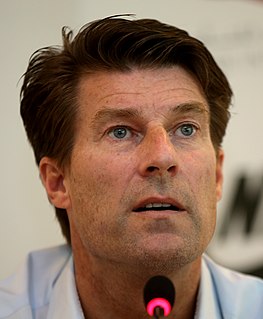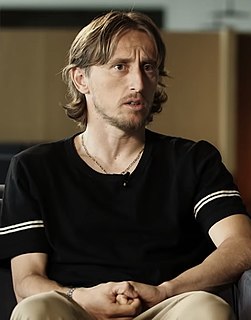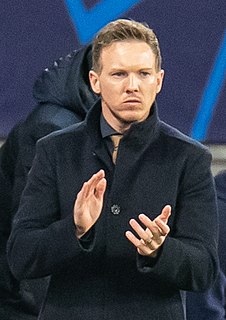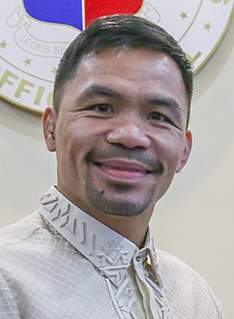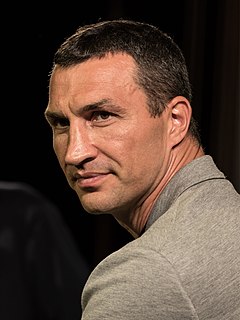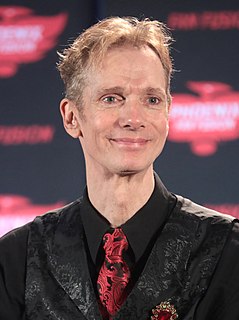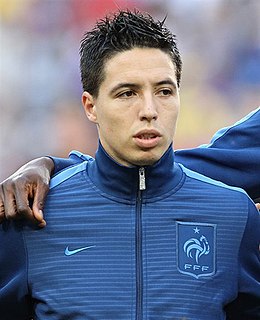A Quote by Paulo Dybala
I learned how to defend the ball with my body and to be faster than my opponents.
Related Quotes
I'm a coach who likes to have the ball, but what I really think is, 'How can you be in charge of the game?' I think, but maybe I am the only one, that the defensive process can take care of the game. Why is that? Because teams wait to defend. If you create something where you go to defend, to steal the ball where you want, it's different.
You need to just understand where the ball is and how to use your body. Timing your jump the right way is crucial. Learn how to use your body to shield the receiver and box him out, again, much like a rebound. Trying to beat a receiver to a ball can be a lot like you're posting him up. Rebounding is great practice because you can employ those skills - body position, leverage, timing - a lot more than you might in a football game or practice if the quarterback doesn't look your way.
Women's tennis is getting faster and the girls are getting more athletic, so I need to push myself to become a better athlete. I think 2013 showed me, like a few other years how important being healthy is and how I must listen to my body. During this off season I have been a little smarter on how I train and how I treat my body.


